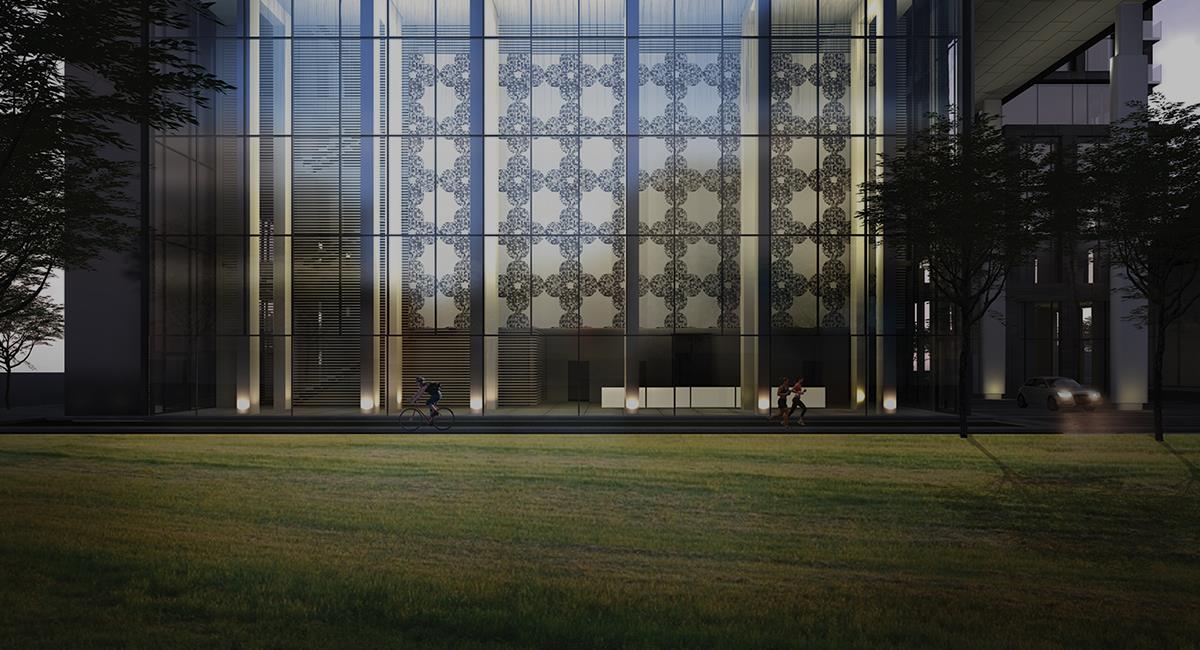isaidso
Senior Member
Developers tend to setup a new corporation for each development for liability reasons ......
So consumers have no one to sue as the corporation is wound down when each project is completed?
Developers tend to setup a new corporation for each development for liability reasons ......
Yes. It can protect purchasers of other projects by the same developer as well, as one bad project has limited ability to take down an entire company.So consumers have no one to sue as the corporation is wound down when each project is completed?
So consumers have no one to sue as the corporation is wound down when each project is completed?
Yes..part of the buyout could include plans and associated approvals. It would make alot of sense for a perspective buyer to keep the plans (and therefore the approvals related to design) intact. Cost, timing and other costs are reduced.Curious for those who may know the answer. If another developer decides tomorrow to carry on with this project, are the permits transferable to the new developer? If above ground permits are already issued for this site, then
construction could start up again, otherwise it could sit idle for weeks. The same may apply for YSL.

“In my opinion, the statement by PwC that they will no longer be accepting deposits is sensible and the only way forward at this stage,” said Jillian Siskind, Principal Counsel of Jillian M. Siskind & Associates, a boutique law firm specializing in construction and real estate litigation. “Taking additional deposits at this point would be irresponsible since there is no active project underway.”
Siskind explained that it may be possible for another developer to purchase the project’s land and work in place, a distinct action from the projects being purchased. If bought just for the construction and land, Siskind said that a new developer would likely want to start the process from scratch, meaning old project deposits would be returned through Tarion or Cresford’s insurer, and new agreements would be created.
Two of the projects in question, Halo Residences and 33 Yorkville, are in the early stages of construction, with most work still at grade-level, according to photos recently published online. The Clover, however, is nearly finished. While a developer could take over the project, Siskind explains that it is uncertain how that would happen with The Clover and whether old purchase agreements would be transferred over. Financial viability, among other factors, would influence the purchasing decision of the project or its assets.
“A new developer will examine the financial viability of the project including its assets and debt. It will also consider the purchase price for the units,” said Siskind. “It may well be that the new developer could not get those same prices in today’s market, or to the contrary, maybe they could get more.”
With The Clover nearing completion, Lierman said that the project may need to be almost comparable to resale price points now that it has phased out of preconstruction over time. In terms of what purchasers may receive at the end of the process would depend on what the purchaser decides, Lierman explained.
“You have to expect that on Yonge Street, you’re going to want to get a certain level of revenue on this site, and the gap between what your owners paid for the units versus now,” said Lierman. “At the very least, they should be getting their deposits back if they’re going to go the clean-slate route, with interest.”
